Zuckerberg's internet.org
Is online connectivity a basic human right? Mark Zuckerberg unveils his latest vision

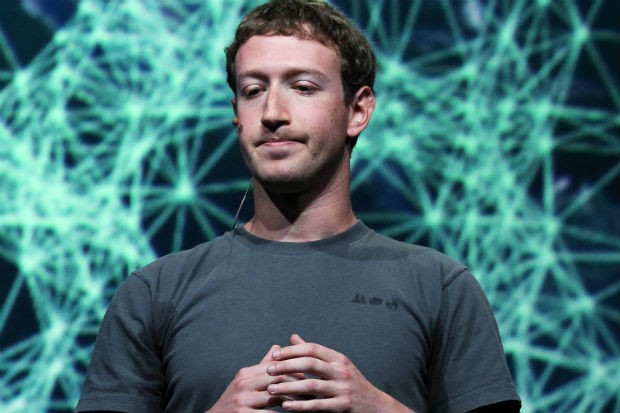
Is connectivity a human right? This is the question put forth by internet.org, a project aimed at connecting the world's farthest regions with the internet, and if you are anything like the developer, Mark Zuckerberg, then the answer to that question is a resounding YES.
Opening with the statement “for almost ten years, Facebook has been on a mission to make the world more open and connected”, Zuckerberg suggests connecting the world is in fact thegreatest challenge of our generation, and positions connectivity alongside freedom of speech and freedom from hunger as far as fundamental human rights go in this day and age. Dreaming up a world in which messaging, Wikipedia, search engines, social networks, weather access and commodity prices can be accessed for free, the aim of internet.org is to make data delivery more efficient and widely accessible.
Currently two thirds of the world’s population are not online, and by offering those in developing countries access to low-cost, low-data access to the Internet, the project aims at alleviating poverty and global economic disparity, supporting what Zuckerberg calls a ‘knowledge economy’. Partnering with Ericsson, Mediatek, Opera, Samsung, Nokia and Qualcomm, internet.org clearly realises the need for collective action in order to achieve the kind of expansive infrastructure needed to support global connectivity.
By the looks of things, the two big powerhouses Google and Facebook are going head to head in an effort to connect far flung parts of the world. After Project Loon, which we also recently covered, internet.org is the newest in the race towards global connectivity.
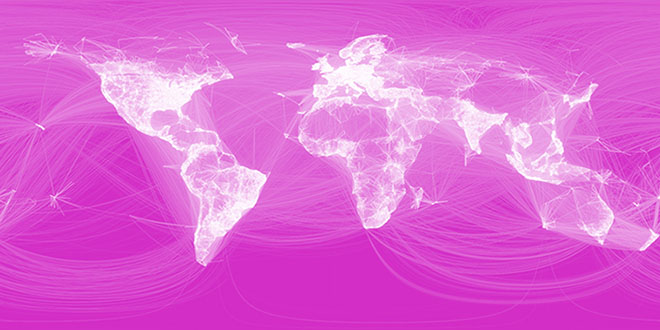
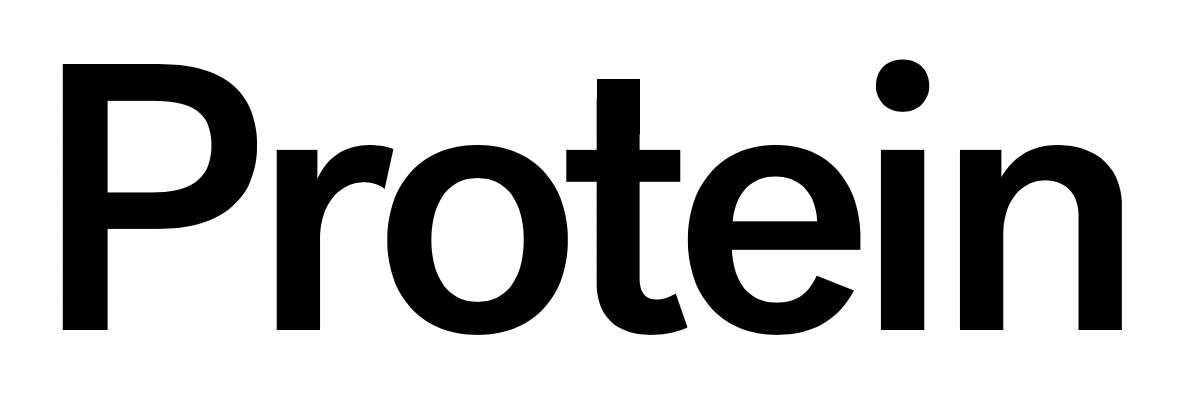
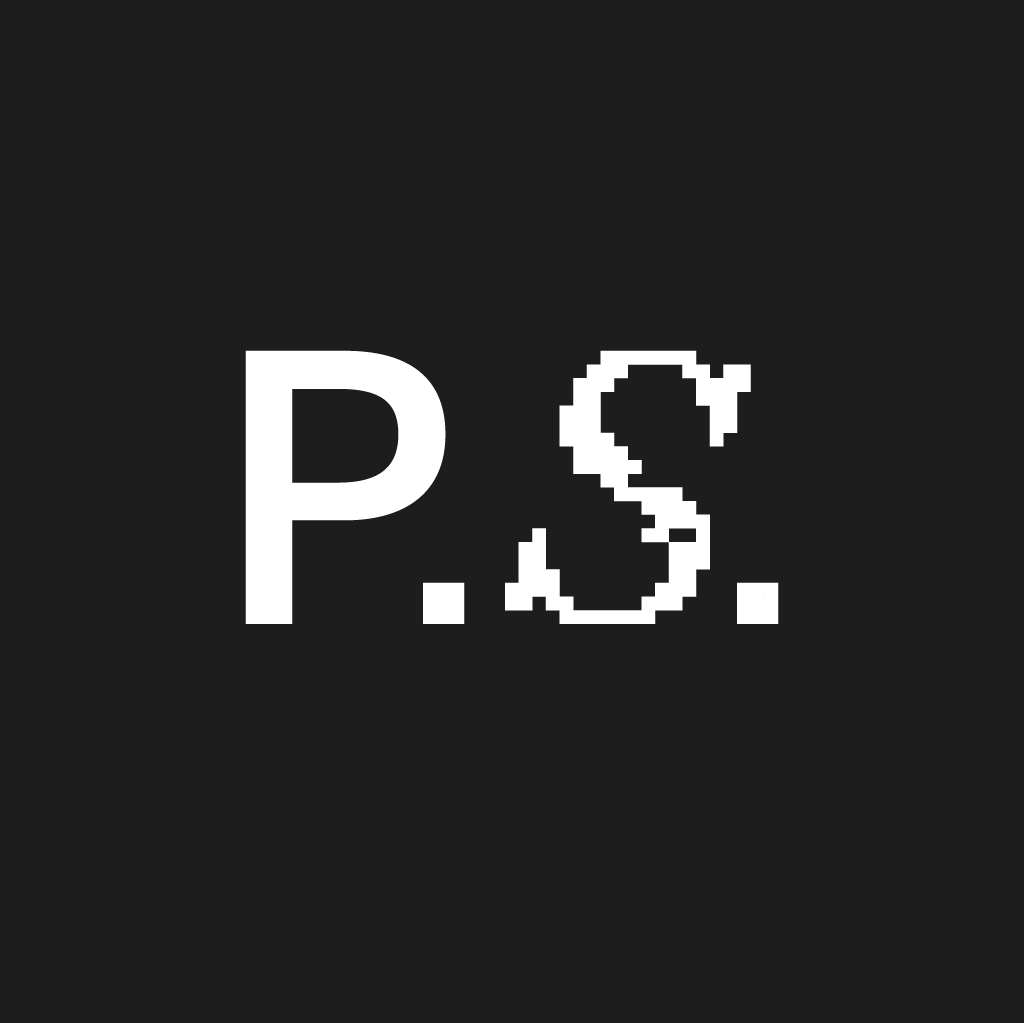
Discussion